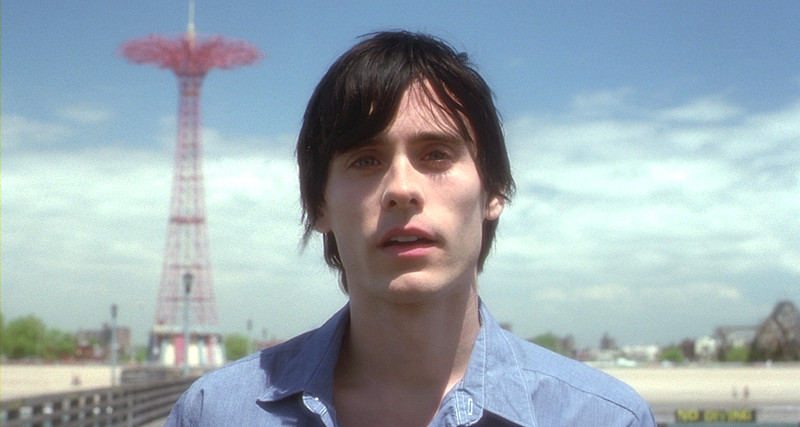
For any film lover, IMDB.com is an invaluable source for movie news and information. The highest viewed movie website in the world by a long shot, it draws from fans ratings in order to give every film in its database a score out of ten. The top 250 ranked films — as long as they have over 25,000 votes — go into the IMDB top 250, which works as a fan-made list of the greatest movies ever made.
What makes the list unique, compared to personal lists or critics choices, is that it truly combines the arthouse with the mainstream — making sure that crowd-pleasing titles such as Back To The Future (#44) sit nicely next to tearjerking foreign films such as Grave of the Fireflies (#60).
It feels more comprehensive than any other list, especially when you factor in that it culls more votes than any other poll or survey ever could. Nevertheless, due to its key demographics, the IMDB list is host to a whole bunch of faults that call into question its status as a truly objective meta-list.
Firstly, around 70% of all users are men, meaning that you have to wait until Silence Of The Lambs (#23) to get a female lead, and every Christopher Nolan film automatically enters the top 100. Additionally, because of the relatively young age of IMDB voters, a disproportionate percentage of films on the list have been released in the past twenty-five years (six are in the top ten alone).
On top of that, given that it is an American website, you have to wait until Seven Samurai (#19) to get a film that wasn’t an American production. Yet, its not just certain American films that don’t deserve to be on the list; given some fans strange predilections, films from all over the world have seemingly snuck in there despite being either perfectly average, or even terrible. Below is a list compiling the ten most egregious, overrated cases on the so-called definitive list.
1. 3 Idiots (2009, #103)
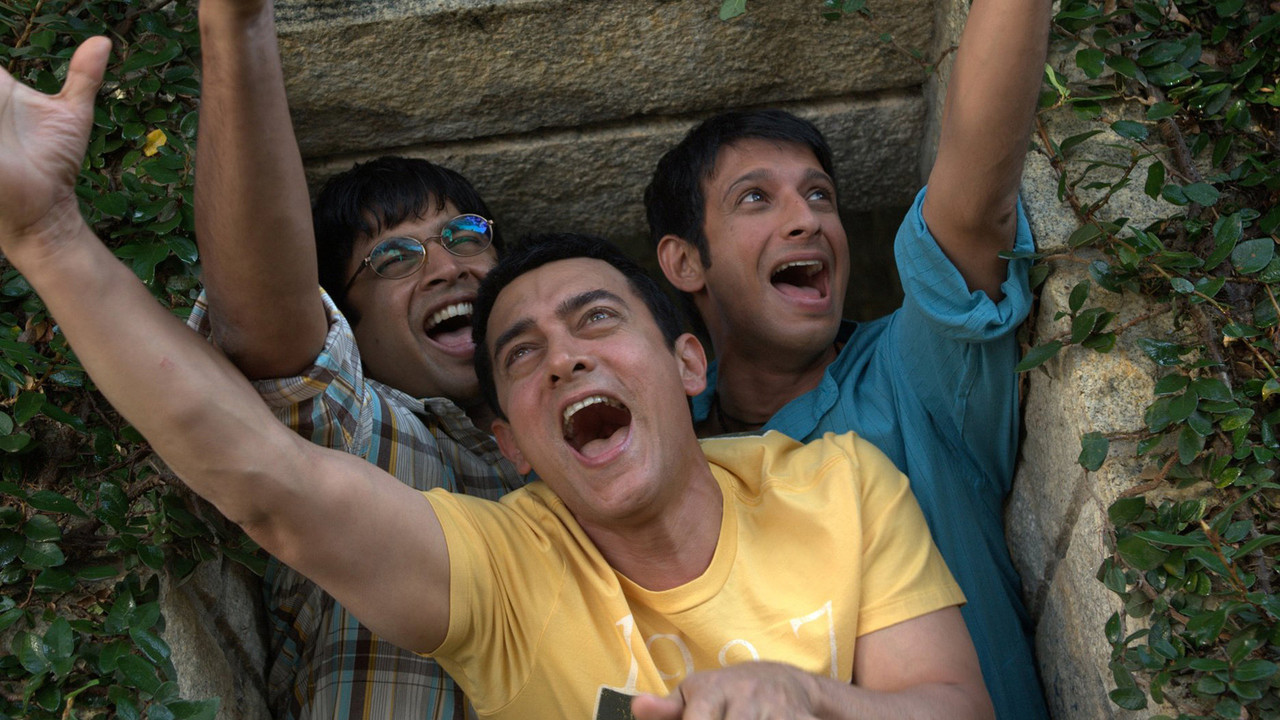
One notable change in the IMDB Top 250 over the past few years has been the number of Bollywood films in its ranks. Whilst this notable change in diversity is to be welcomed, meaning classics such as Gangs of Wasseypur (#250) are now included, it doesn’t mean that every one of these films is particularly good.
3 Idiots is a case in point, a movie that is difficult to hate — its blandly inoffensive and plugs a feel-good vibe — yet also baffles in how it inspires the kind of love that makes it sit just above Rashomon (#104).
Starring the irrepressible Indian superstar Aamir Khan, 3 Idiots is a campus comedy about slacker friends who have to band together in order to make sure they pass their exams. A bright and colourful musical/soap opera, it touches on everything from the pressures of adulthood to falling in love to rebelling against the system.
Khan is an undeniable movie star, quite magnetic every time he appears on screen. It is no wonder that he stars in four IMDB top 250 films. The film has a positive message, and even a few catchy songs. Its appeal is obvious.
Nevertheless it is simply too damn long. Coming in at just under three hours, it feels padded within an inch of its life, stretching on and on way past its natural endpoint. The story is told back and forth over ten years, sometimes making the plot incoherent. After a while, it becomes impossible to care about what happens next.
Thus, what started off well ends with a collective sigh of relief. It would work much better as a tighter and shorter narrative. Maybe if you are chilling out with friends and sometimes not paying attention, then this is a good hang-out film, but as a work of art on its own, it certainly does not deserve the acclaim it has.
2. To Kill A Mockingbird (1962, #85)
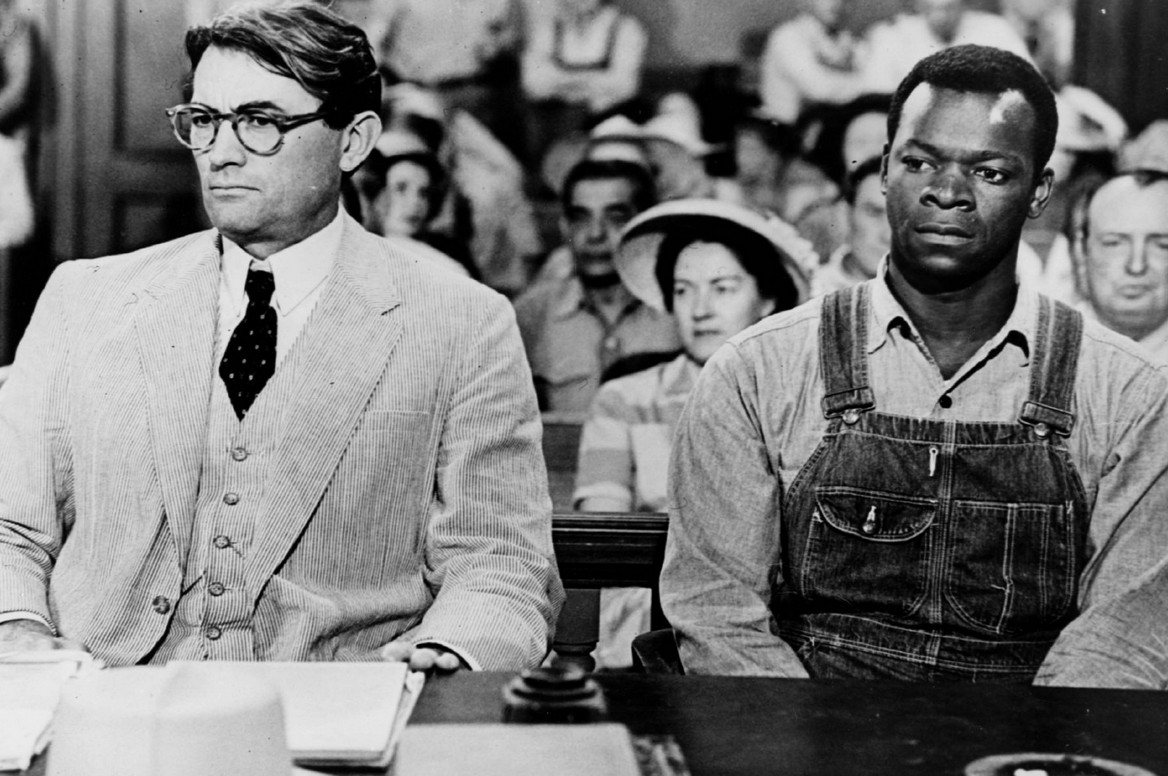
To Kill A Mockingbird, the film adaptation of the Pulitzer Prize-winning novel by Harper Lee, is widely considered as a classic of American film. On deeper inspection, it is easy to see its manifold flaws; most namely how its message, although honourable, is problematically drawn.
Seeing it from a contemporary viewpoint, on which racist views are now being legitimised in the media, and Americans voted for a president who catered towards racist views, its gentle, almost patronising message of people getting along together seems extremely quaint.
The film is famous for Gregory Peck’s performance as Atticus Finch, acting as the lawyer on behalf of Tom Robinson, yet Robinson does not get any of his own agency in the film, either as a character with real problems, or someone who is able to change events.
His whole freedom swings upon the immense goodness of a white man, making him not a black man in and of himself, but a black man who exists on behalf of white people to watch the film and feel better about the fact that they aren’t racist.
Additionally, whilst the childish viewpoint works in the novel in terms of perspective, the film uses Scout Fincher as some kind of moral arbiter who can even stop violent lynchings from happening.
It is simply unrealistic, and in the light of continuous police shootings of blacks that have occurred over the past few years, seems like complete hogwash. It shows not only a time when Hollywood used films to make white liberals feel better, but when black people didn’t have the means to tell their own stories. We can do so much better now.
3. The Intouchables (2011, #38)
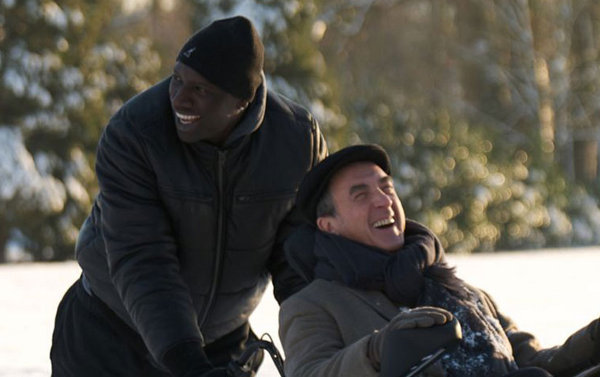
Sitting at the incredible ranking of 38 in a list of The Greatest Films Of All Time, The Intouchables — not to be confused with The Untouchables — owes its ranking to the incredible performance that it had in its home country of France.
The domestic response was huge, breaking innumerable Box Office records by grossing over $166 million alone. People got caught up in such a hype for this happy-go-lucky comedy that it now sits just above Charlie Chaplin’s Modern Times (#39).
Usually when people consider the greatest films ever made they look for remarkable innovation, incredible performances, strong messages, or extraordinary camerawork. The Intouchables, despite being funny, even hilarious at parts, has none of those components usually associated with films that rise head and above the rest. It tells the rather ham-fisted story of a recently handicapped white man, who hires someone from the banlieues in order to be his personal assistant.
Yes, every classist and racially-aware culture clash you can think of probably exists in this movie, which proceeds down such an obvious route that every plot-twist can be telegraphed a mile away. The film does gather some charm through the unique relationship of the two men, yet there is little to nothing in this movie to make it worthy of the rating it currently sports.
4. Requiem For A Dream (2000, #79)
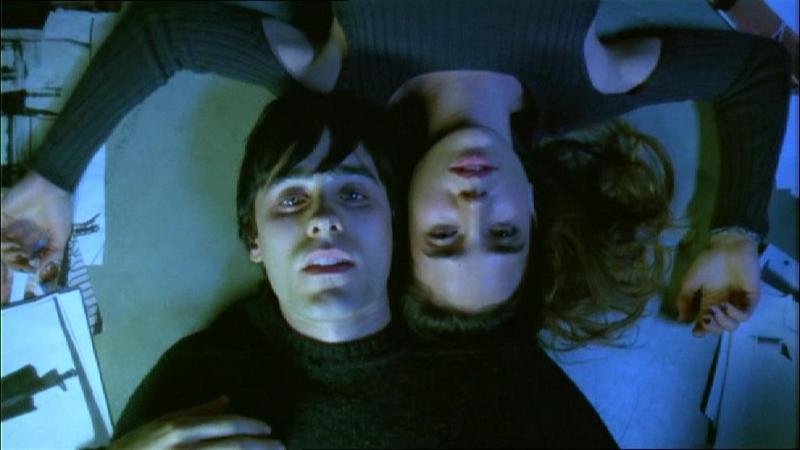
Requiem For A Dream not only doesn’t deserve to be on the IMDB top 250, it shouldn’t be anywhere on anybody’s top film list. An assault on every one of the senses, it substitutes migraine-inducing editing in favour of narrative and pretentious statements instead of dialogue.
Some of the statements by Jared Leto’s character are so laughably bad (“You are beautiful. You’re the most beautiful girl in the world. You are my dream”) it raises the question of how it got past the screenplay stage. What doesn’t help is how terrible his performance is, either gawping around, moaning, or suffering in some pathetic way, it becomes impossible to pity his tragic end, instead becoming exactly what his sad and annoying character deserves.
This is all before it descends into horror-porn of the worst variety. Whilst horrific images in film are not bad in and of themselves, depending on context in order to garner their meaning, there is a sense that Requiem For A Dream revels in its own depravity with nothing to actually say.
Supposedly made to mirror the experience of being on drugs, it certainly lives up to the hype: only this is like overdosing on every single drug simultaneously. How it got so high up the IMDB Top 250 — even above better films by Aranofsky such as Black Swan and The Wrestler — is quite the mystery indeed.
5. Room (2015, #136)
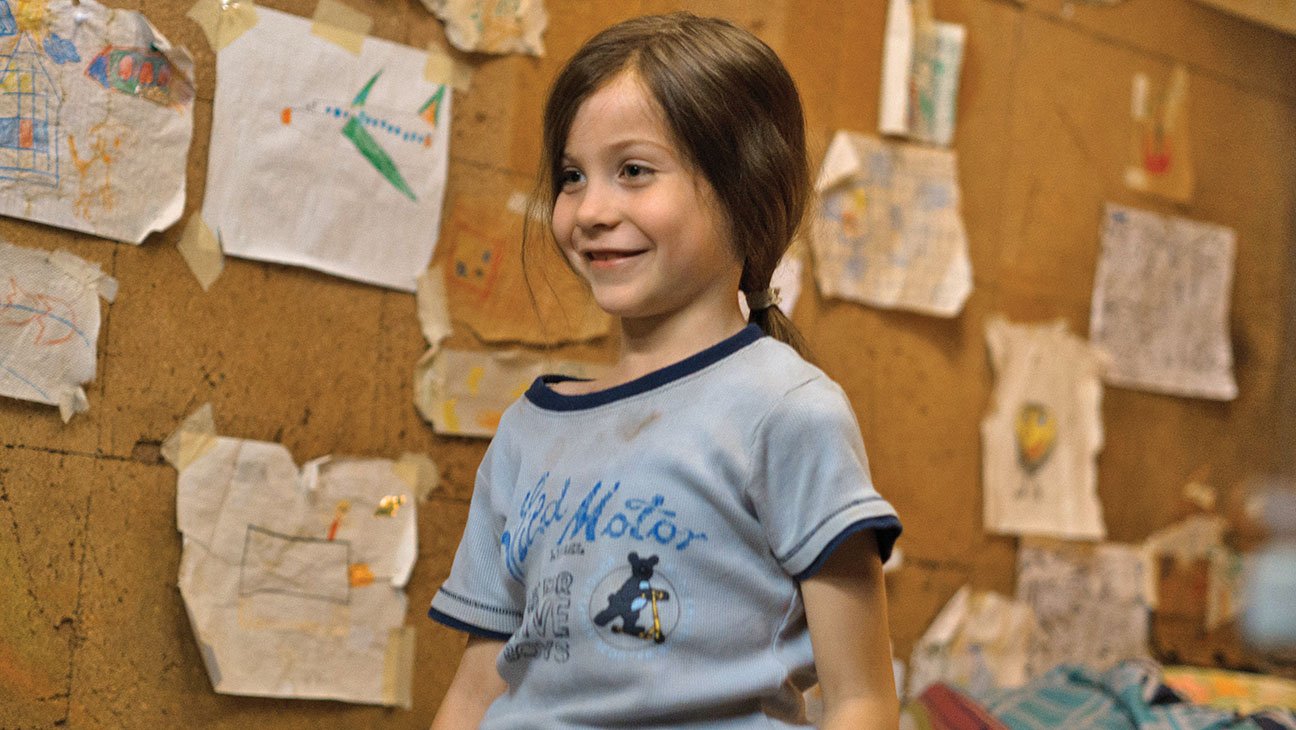
Featuring possibly the most grating child in the history of cinema, Room is the kind of film that begs the viewer to start crying from the very first scene. Such blatant attempts to manipulate the audiences attention have worked their trick on IMDB audiences, who have rated this film to number 136 on the list of The Greatest Films Of All Time.
Admittedly, Oscar-winner Brie Larson puts in a heart-stopping performance of a woman trying to take care of her son despite being stuck in one room for the entirety of her life, yet it remains one-note.
Constantly suffering as a result of the physical and emotional abuse that is piled upon her, this trauma is only rendered useless by Jacob Tremblay’s characters’ basic lack of empathy, shouting and screaming at the top of his voice about random things that are seemingly irrelevant. Whilst it is good to remember that he doesn’t know anything else, the film becomes a chore simply on behalf of the child’s never-ending complaints.
Once they get out of this Room which lends the film its name, the narrative doesn’t pick up any further — director Lenny Abrahamsson having little clue what kind of film he wants to make. The result is a mismatch of the captive genre, family drama and the out-of-the-woods genre that never seems to come together to make any forceful kind of statement.